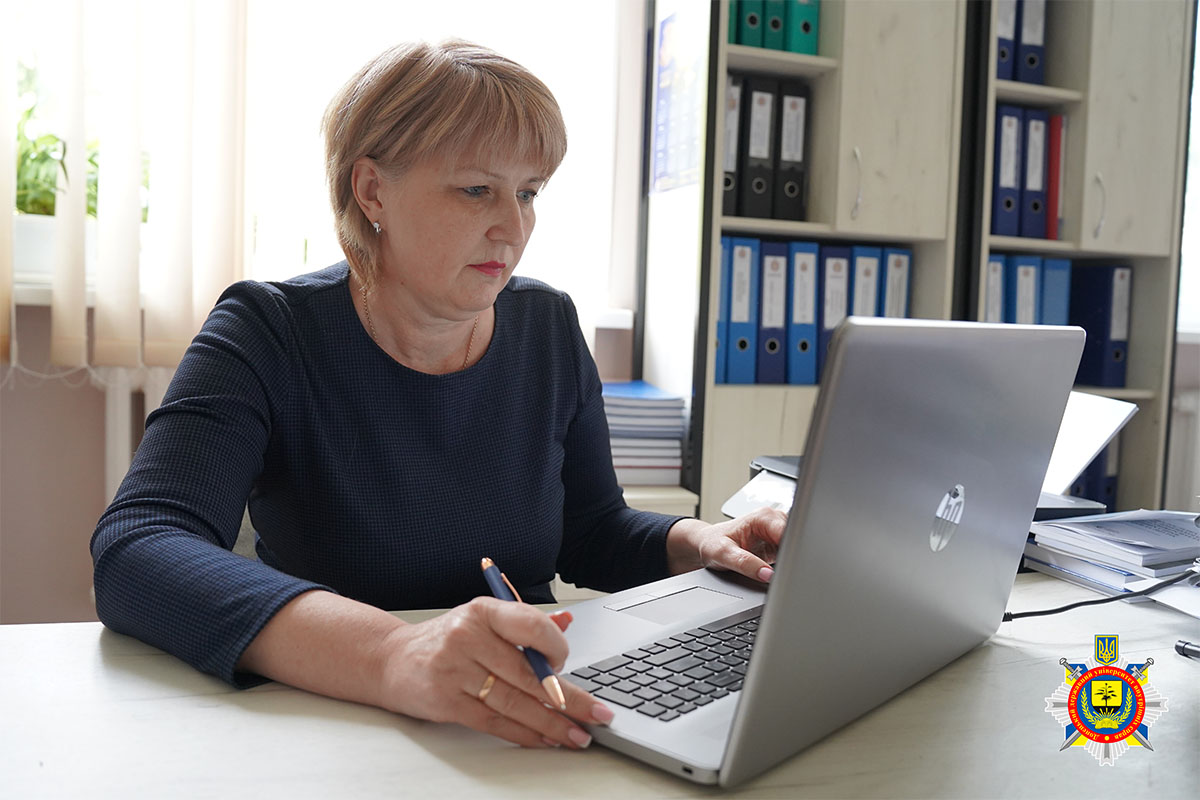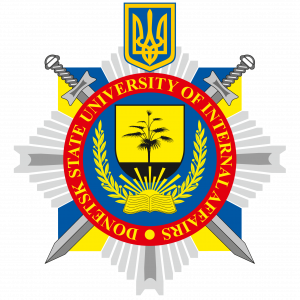A working group on the Implementation of the ERASMUS-EDU-2024-CBHE Project «Implementation of the European approach to Compliance Management in higher education of Ukraine» № 101179706 of the Donetsk State University of Internal Affairs has joined a series of online webinars on compliance management.
Experts from different European countries discussed key aspects of compliance management, business ethics, law and economics in modern business environment.
 The series of webinars consisted of four modules organized by the partner Universities of the program: Universidade Portucalense (UPT, Portugal), Wyższa Szkoła Przedsiębiorczości i Administracji w Lublinie (WSPA, Poland), University of Chemical Technology in Prague (VŠCHT Praha), Hochschule Wismar (Germany).
The series of webinars consisted of four modules organized by the partner Universities of the program: Universidade Portucalense (UPT, Portugal), Wyższa Szkoła Przedsiębiorczości i Administracji w Lublinie (WSPA, Poland), University of Chemical Technology in Prague (VŠCHT Praha), Hochschule Wismar (Germany).
The first two-day module was dedicated to current trends in compliance management in the European context, anthropogenic and cultural factors affecting legal standards in the EU, and the role of tax policy in maintaining competitiveness of enterprises. The participants discussed practical aspects of implementing ethical standards and anti-corruption legislation in the EU, the US and the UK.
 The second module covered the issues of compliance management in the context of economic development and business activities. Special attention was paid to developing internal policies and training specialized teams.
The second module covered the issues of compliance management in the context of economic development and business activities. Special attention was paid to developing internal policies and training specialized teams.
 The third and fourth modules focused on social responsibility, ethical management and industry-specific compliance. The participants reviewed the mechanisms for implementing ethical standards, ways to overcome ethical dilemmas and examples of compliance in the construction sector and they also focused on strategic compliance, harmonization of national legislation with European standards, implementation of ESG principles, data protection and proactive risk management.
The third and fourth modules focused on social responsibility, ethical management and industry-specific compliance. The participants reviewed the mechanisms for implementing ethical standards, ways to overcome ethical dilemmas and examples of compliance in the construction sector and they also focused on strategic compliance, harmonization of national legislation with European standards, implementation of ESG principles, data protection and proactive risk management.
Ukrainian participants found the final block, during which local experience in adapting European standards was presented, particularly important for them.
 For the Donetsk State University of Internal Affairs, participation in the series of webinars was an important step in improving its training. The knowledge gained is already being integrated into the curricula, contributing to the education of a new generation of lawyers capable of working in accordance with European standards.
For the Donetsk State University of Internal Affairs, participation in the series of webinars was an important step in improving its training. The knowledge gained is already being integrated into the curricula, contributing to the education of a new generation of lawyers capable of working in accordance with European standards.










